Most people who have traversed Central America to reach Mexico, along with hundreds of thousands of Mexicans, hope to reach the United States of America.
In Mexico, these people are systematically exposed to further episodes of violence, including kidnappings, torture, and sexual violence. In recent years, the proportion of women travelling alone and with small children has increased. While most migrants come from other countries in the Americas like Venezuela, Colombia, and Haiti, many people also arrive from Africa and Asia.
We have been working with migrants and refugees in Mexico since 2012. Our teams work at different points along Mexico’s southern and northern borders, and at key locations in between, offering medical and psychological assistance. Our projects are always adapting to the ever-changing migration route. We support shelters and health structures and run mobile clinics.
In Mexico City, we have a comprehensive care centre where we provide specialised multidisciplinary care to migrants, refugees, and Mexican people who have been victims of extreme violence and torture.
MSF has repeatedly denounced the repressive policies of the U.S.A. and Mexican governments, which are based on criminalisation, persecution, detention and deportation. These policies are used to contain migratory flows to the northern border, but they oftentimes push migrants into the hands of criminal gangs who extort them.
Our activities in 2023 in Mexico
Data and information from the International Activity Report 2023.
279
279
€13.8 M
13.8M
1985
1985
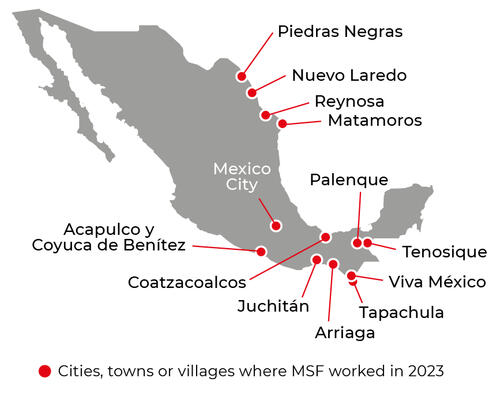

93,700
93,7
11,200
11,2
5,570
5,57

77
77
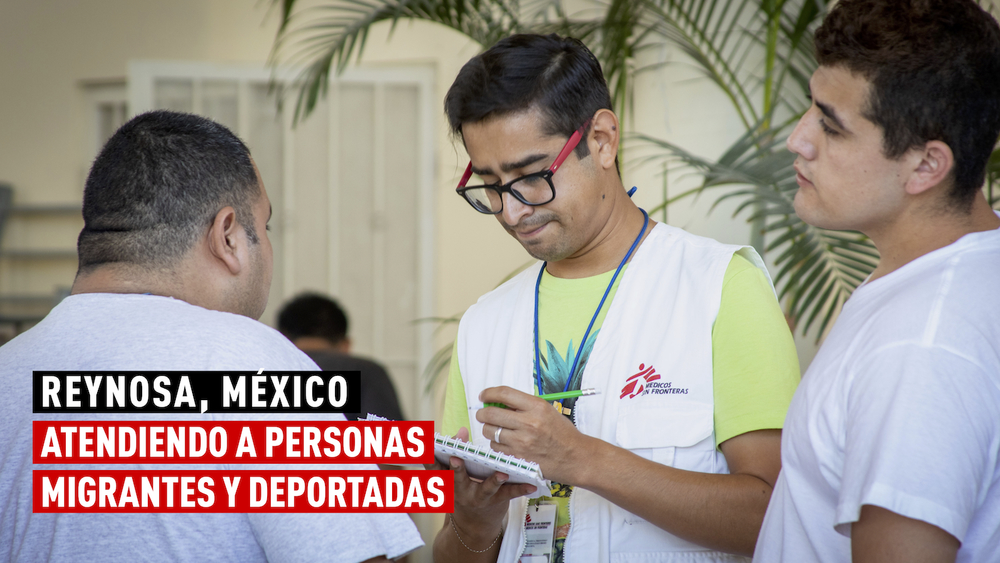
Reynosa, Mexico: Caring for migrants and deportees
The situation in Reynosa, through the eyes of MSF and the people we assist
MSF has worked in Reynosa since 2017 treating victims of violence in the city, and more recently providing mental and medical care to migrants and deportees
Forced to leave their home countries because of gang violence and poverty, people on the move are increasingly prevented from reaching the US to ask for asylum.
Instead, they find themselves trapped at the border in areas of rampant violence, waiting to cross in deplorable humanitarian conditions.
Our teams have documented a pattern of violent displacement, persecution, sexual violence and forced repatriation. It’s a violence that starts in the country of origin and is replicated along their journeys through Mexico.
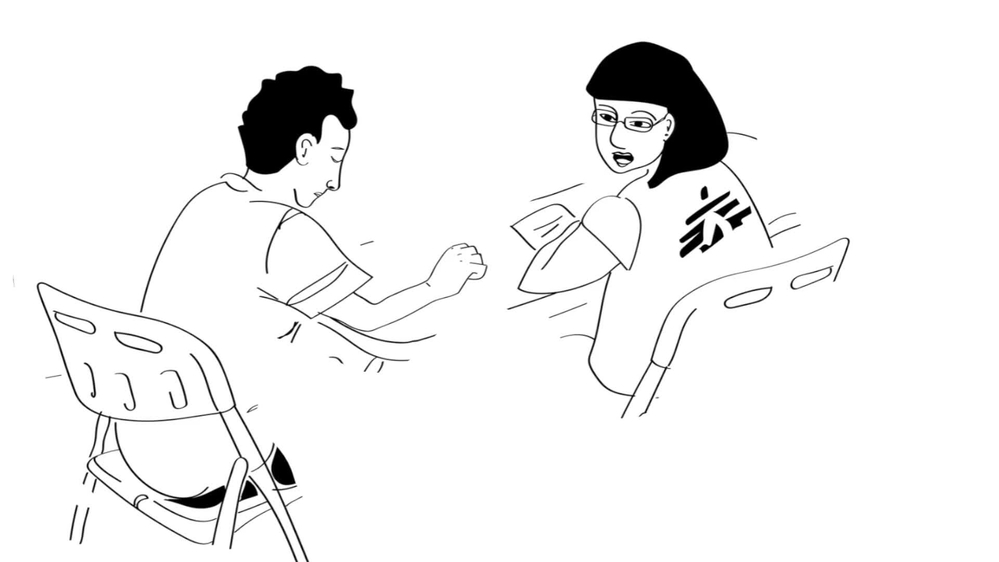
"I'm not a criminal"
"I'm not a criminal"
"I fled Honduras because the gangs wanted to recruit me and I refused."
The story of 17-year-old José* is representative of many of the young patients we care for in our projects in Tegucigalpa and Choloma, in Honduras, and Reynosa, Mexico.
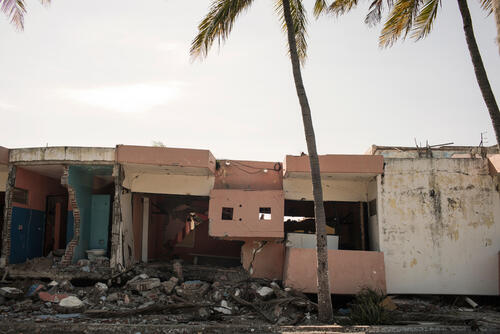
MSF assists people following Mexico City earthquake
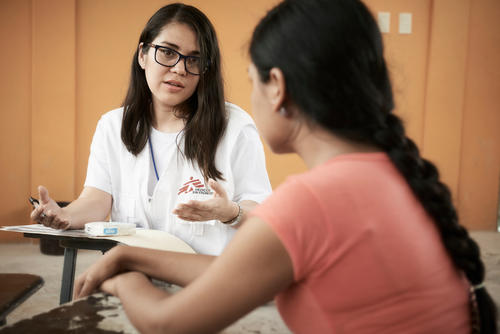
“One in four patients we assist has experienced violence”
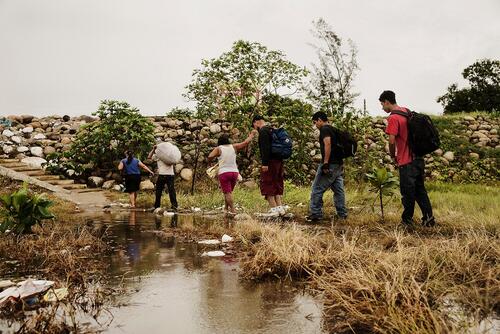
Forced to flee Central America's Northern Triangle: A Neglected Humanitarian Crisis
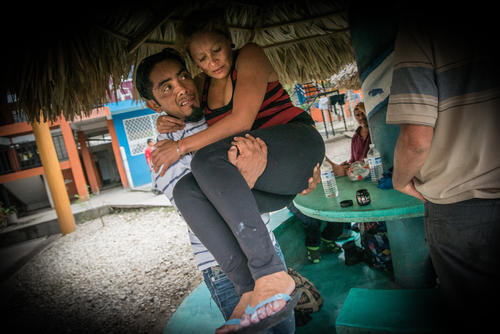
No way to safety for people fleeing extreme violence in Central America’s Northern Triangle
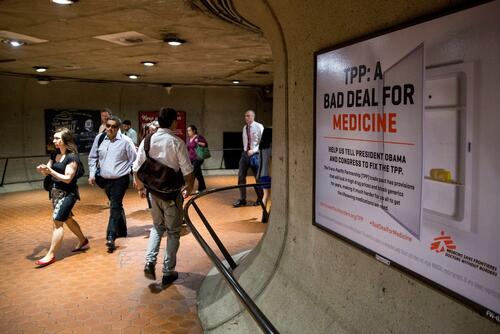
There’s still time to stop the TPP from cutting off the critical lifeline of affordable generic medicines
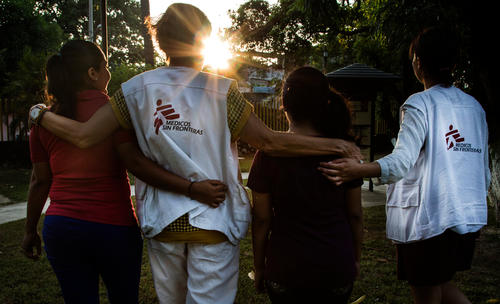
Acapulco's population is exposed to violence on a daily basis
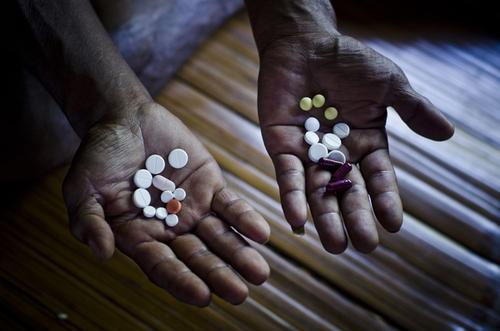
TPP negotiators must fix the most damaging trade agreement ever for global health
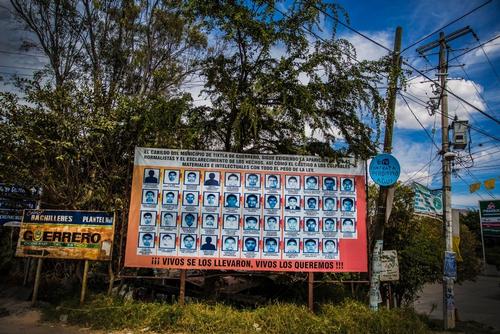
Life stands still for 43 families in Ayotzinapa
Contact us

Fernando Montes de Oca 56
Col. Condesa, 06140
Del. Cuauhtémoc, Ciudad de Mexico
Mexico



